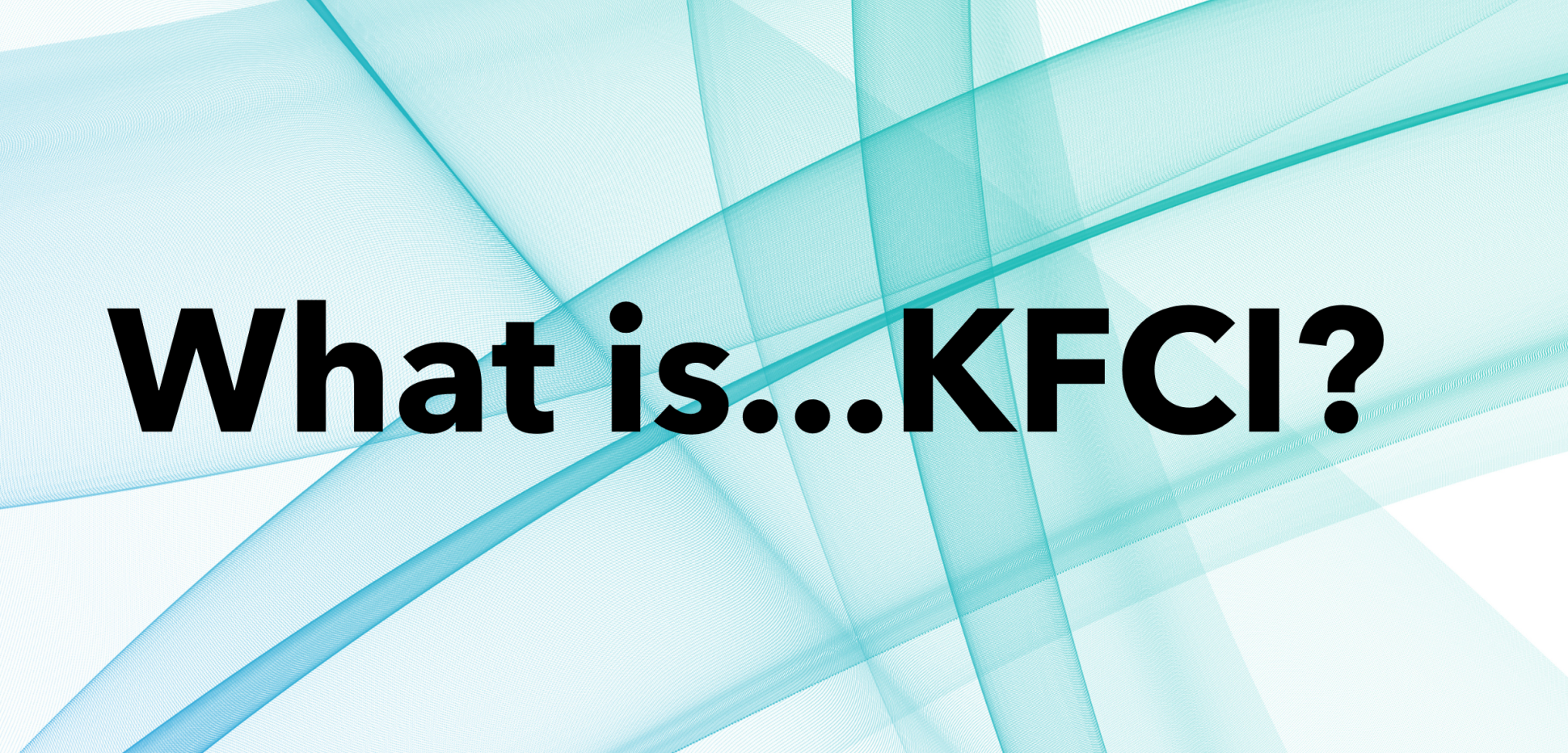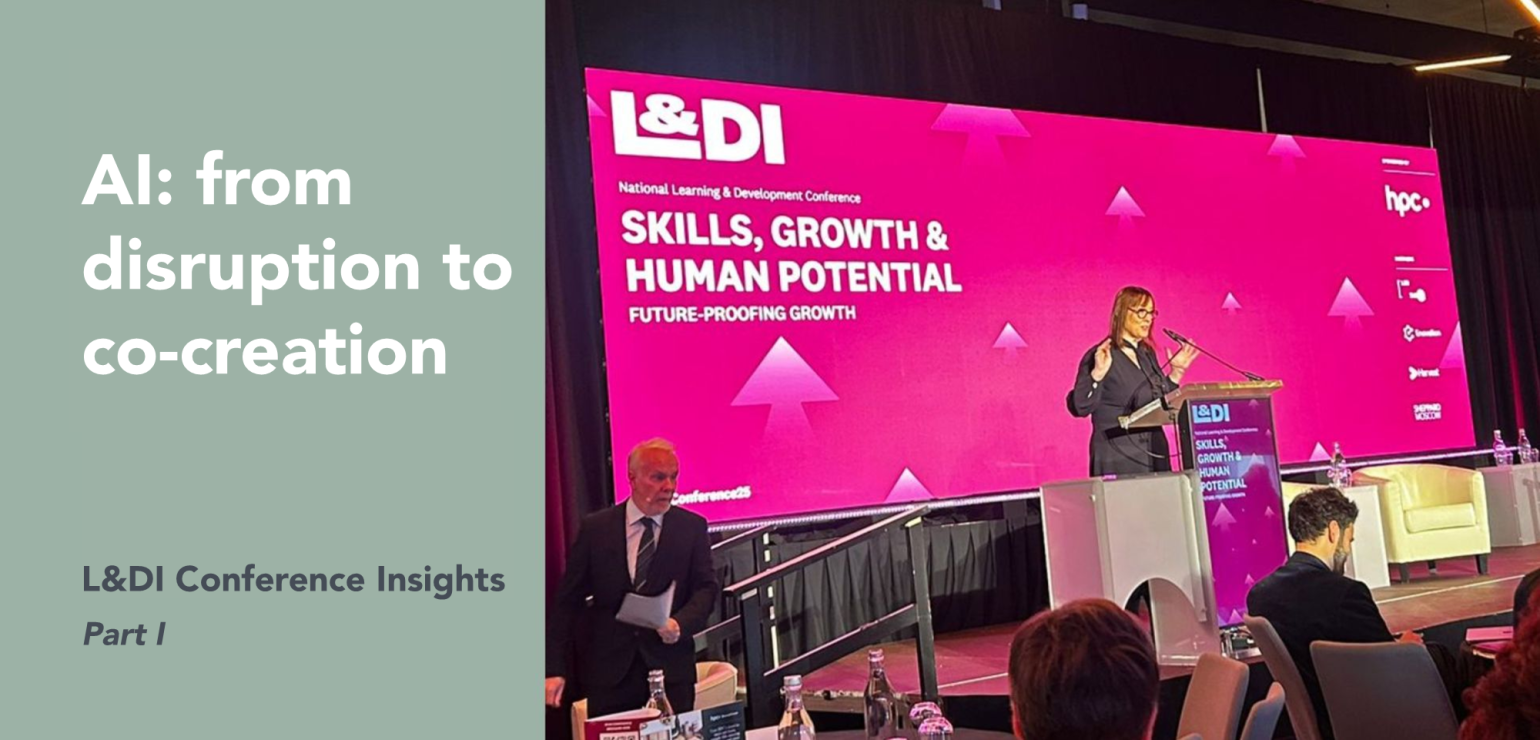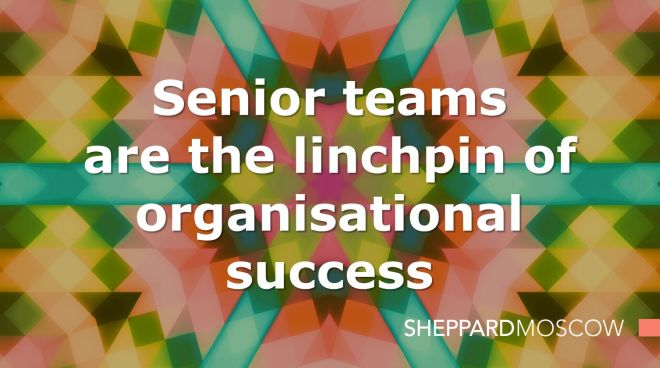What is KFCI?

Below the surface of leadership development sits a range of practice frameworks. Throughout our history, we've employed many different models, to suit the context and to deliver the strategic impact that our clients have come to expect. KFCI has endured more than many - and here's why.
In 2008, Standard Chartered Bank carried out significant research that evidenced a common saying: people don't leave organisations, they leave their boss or manager. In light of this research, they developed KFCI (‘Know’, ‘Focus’, ‘Care’, and ‘Inspire’) as a framework for managers of people to get the most out of their team. Productivity and performance rise when leaders really know their team, and understand what they’re good at, and what they are motivated by.
KFCI is a straightforward but powerful tool to help leaders and managers of people think through how they need to show up and relate with each member of their team to create relational depth and boost performance.
In our client work, we use KFCI in a very applied way. We take an appreciative inquiry approach, with leaders coming together to develop inventories of effective approaches that they have successfully used to achieve any of the four elements. Alongside this, we work to develop the relevant capabilities within each participant to use these approaches effectively. So, what does that look like...?
Know me
To know people, you must be good at listening and cultivate curiosity.
This first part of the framework asks leaders to get to know their team; to learn their aspirations, to understand where they want to stretch in their career, and where their interests and passions lie.
Focus me
To focus people you need to provide clarity, and be capable of using ‘directing’ influencing behaviours effectively.
‘Focus me’ looks at identifying a shared vision, and collaboratively understanding how the team member’s skills and capabilities can contribute to that. This is where goal setting happens, the clarification of roles and contributions, and has an emphasis on ‘what can they do now to perform and develop’.
Care for me
‘Care for me’ is core to who we are and how we work.
Here, we ask leaders to go beyond performance indicators and objectives – we ask them to see their team for who they really are. Wellbeing is threaded through this stage as they work with their team members to find how they can be the best version of themselves in their context. Belonging is born here, as this is an exploration of fit and growth, demonstrating you value them as a person and not just a productive asset.
Inspire me
‘Inspire me’ is about the leadership skill of visioning and cultivating your leadership presence.
Finally, in this element, leaders take a long view with their team member, embedding in them a sense of belonging to something bigger – a higher level organisational purpose to be reached with collective endeavour. This is about enrolling people at the head and the heart (purpose and motivation) as well as arms and legs (tasks and actions).
KFCI can have an impact on any organisation
KFCI is a cognitive frame – you need to develop the deep capability, habits and practices to bring it to life. We use KFCI in different programmes as a framework on which in-depth capability development can hang.
We have found KFCI is applicable and resonant regardless of industry or strategic imperative. We have used it with groups from high-potential leaders in construction, to unit leaders in an international financial institution, to partners in a Big 4 professional services firm.
A framework for human systems in an AI world
In a world where AI is quickly taking over repetitive tasks that require processing or precision, human intervention in organisations and outcomes is going to become increasingly differentiated as it will be needed for something else. KFCI is the way to maximize that contribution in a sustainable way as people can be clear and focused, they can be motivated, they can see how they add value. It is a powerful lever that leaders and managers of people have to generate focus, motivation and impact.
It is also hugely impactful in the retention and competition for talent. It is far more difficult to reliably recruit proven talent than to nurture and sustain your own – and we know that ‘people leave managers’. By developing your leaders and people managers you have a direct route to market, and a way of making sure your best talent are switched on and want to stay.
Turning the mirror around, as we do

 Roby Blass
Roby Blass 
 Aoife Keane
Aoife Keane 
